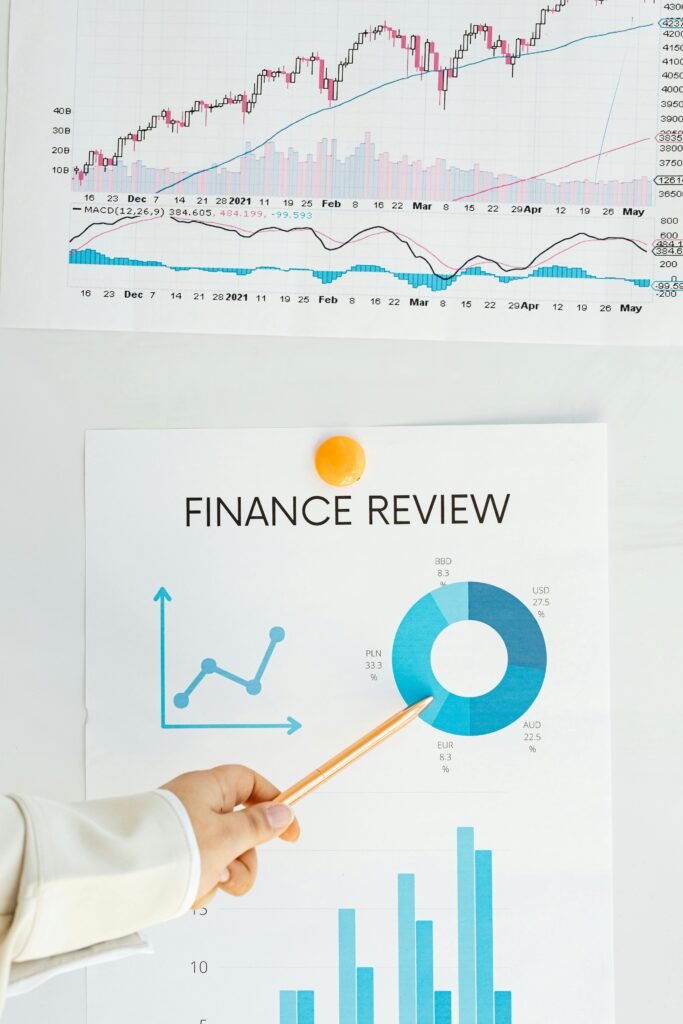
Economics, as a core subject, includes the economic behavior of individuals, businesses, and countries, as well as resource allocation and decision-making processes in a given environment. Economics can then be understood as the study of how people, employing the means at their disposal, interact with each other, and make choices in the face of their various and changing circumstances As such, Let’s go over some key concepts in Economics in further detail.
The Economics of Scarcity
There is a degree of competition, which also brings about the need to make choices, reason being human wants are unlimited as opposed to resources that are limited (money, time, raw materials) Scarcity applies to every person on this planet as work would never be done if resources were abundant, So because of scarcity, the three fundamental questions of an economy need to be addressed regarding the things an economy produces.
The Economic Trilemma: Choices, Trade-offs, Opportunity Cost
In short, because of the competition for scarcity, It becomes essential to determine what to produce, where to produce, how to produce an item, and for what demographic to produce it for Also ensuring one takes into account the opportunity cost, which always comes at a price This term is also used to evaluate the value that might be created for each of the options that are sacrificed and not pursued further. Hence this leads us to the concepts of;
Microeconomics and Macroeconomics
The former help analyze economic decision making on a household level as well as an industry level, Supply and demand along with pricing are the end key variables in this case Then there is the latter which helps understand the overall picture The GDP of a nation can tell a lot assist with this.
Market Economy: Characteristics, supreme decision making
In Macroeconomics, the decisions taken on a national level or an international level are the key, whether that is unemployment and inflation or fiscal policies the focus lies on those central variables In this regard, it becomes vital to understand the measures adopted on a microeconomic scale This can be split into 3 key segments. Mixed economy, centered economy, free economy
Three Questions That Economists Has to Answer
There are three basic economic questions that every economics tries to answer:
What to produce?
Which people’s wants are going to be satisfied, which goods and services should be produced in how many quantities?
How to produce?
What methods and resources should be used to produce the commodities?
For whom to produce?
How would factors such as land, labor and capital be available to different people for the production of goods and services?
Types of Economic Systems
Positive Economics
This describes and explains economic phenomena without making value judgments. For example, What is the degree of labour deprivation or unemployment in an economy?
Normative Economics
It contains judgments about what the economy ought to be. Such example questions include, Is it fair for the government to pressurize companies to raise wages over a period of time?
Key Economic Indicators
Gross Domestic Product (GDP) — refers to the aggregate value of all final goods and services produced within a country.
Inflation — It is the increase in general, or average, price levels over a period of time.
Unemployment Rate — Is the percentage of the total labor force who are unemployed and are actively seeking employment.
Importance of Economics
Assists individuals and societies to make appropriate choices.

